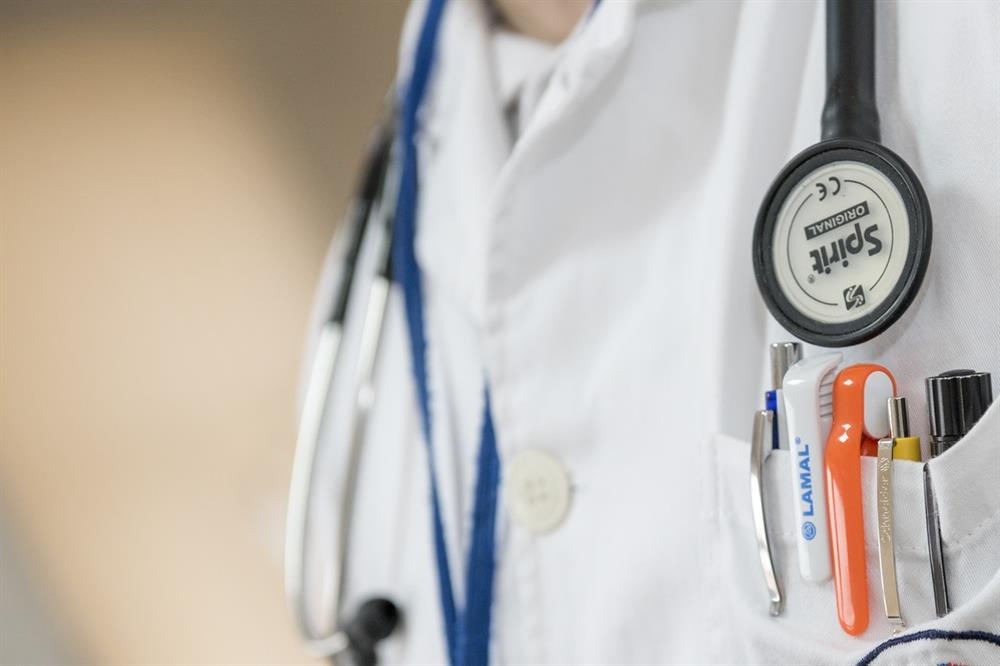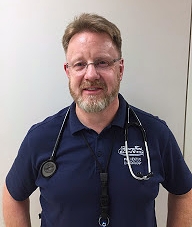Robert Berry |
May
9, 2019

Your internship experience is where the rubber meets the road, and your career gets started. Here are 5 tips to make the most of it.
Key Points:
-
Anticipate that this will be the best learning experience ever.
-
Be professional, treat the internship like a job (or a really long job interview).
-
Don’t overestimate what you can do.
Internships are like anything else in that what you get back is directly proportional to what you put in. You can go through the motions, counting the days until the internship ends or you can immerse yourself in the experience and go on to become a leader in the profession.
As part of the team in the Preventive Cardiology Department at Henry Ford Hospital in Detroit Michigan, we’ve found that best way to elevate the profession of clinical exercise physiology is to be heavily invested in the education of not only the current generation of providers, but the next one as well. Preventive Cardiology department internships are 16 weeks long, and typically there are four interns per cycle. Students are exposed to adult weight management, cardiopulmonary stress testing, early outpatient cardiac rehabilitation (Phase 2), cardiac rehabilitation maintenance (Phase 3), pulmonary rehabilitation, and directed research.
Your internship experience is meant to be the culmination of your degree program, the place where academic preparation meets clinical practice. It’s where the rubber meets the road, and your career gets started.
The following is gleaned from decades of experience providing clinical internships and is meant to help students get the most out of their experience.
-
Anticipate that this will be the best learning experience ever.
Your clinical internship can (and should) have a profound effect on your career path and future job satisfaction. Look for sites that can provide you with a wide variety of experiences, not just one like cardiac rehabilitation, or diabetes management. Don’t hesitate to ask for additional experiences – observing in the cardiac catheterization lab, visiting another rehabilitation site, shadowing a physician’s assistant or physician. This is your time to find out what interests you so make the most of it.
-
Be professional - treat the internship like a job (or a really long job interview).
Be on time. Always. Dress appropriately. Interact with patients with respect and dignity. Complete assigned tasks without being asked twice. You may not get a job offer from your internship site as they may not have a position to offer you, but a letter of recommendation from an established professional in your field who’s had an opportunity to observe you for several hundred hours can go a long way towards landing that coveted first job.
-
Ask questions. Ask a lot of questions.
No one expects interns to know everything. Be intellectually honest about what you know and what you don’t. Ask questions about clinical items you don’t fully understand. Keep asking until you do understand – there truly is no such thing as a stupid question. Don’t restrict your questions to clinical subjects either, ask the staff why they do this job, what they like about it and what they don’t. Never again in your career are you likely to be surrounded by experienced professionals so invested in your education. Maximize this opportunity.
-
Take notes and study.
Your internship experience may be your first foray into a clinical setting and a lot of things may come up that are unfamiliar. Take notes whenever possible and study during off hours. This will help you learn faster and formulate your questions to staff so that you’re getting the most out of the experience. Staff takes notice when interns present interesting or challenging questions.
-
Don’t overestimate what you can do.
Your internship experience will likely be an intense learning experience. You want to make sure that you’re physically and mentally prepared to get the most out of it. If possible, try not to have another job during your internship. If you do have to work during your internship, try to reduce your hours or work weekends so you can maintain your focus.
Your internship experience is meant to be the culmination of your degree program, the place where academic preparation meets clinical practice. It’s where the rubber meets the road, and your career gets started. You don’t need to research potential internship sites with quite the same intensity as you did your academic program (though it wouldn’t hurt), but you should approach your internship with the energy and enthusiasm befitting the transition from student to professional. This is your time, make the most of it.
Author: 
Robert Berry is a Master’s prepared Clinical Exercise Physiologist with 18 years’ experience in cardiac rehabilitation and holds the ACSM-CEP and is a registered RCEP. He is currently employed as the Clinical Coordinator of Cardiac Rehabilitation at Henry Ford Hospital in Detroit, MI. Robert has been active on ACSM’s Clinical Exercise Physiology sub-committee and the ACSM Exam Development Team. Additionally, Robert is a past President of the Clinical Exercise Physiology Association.